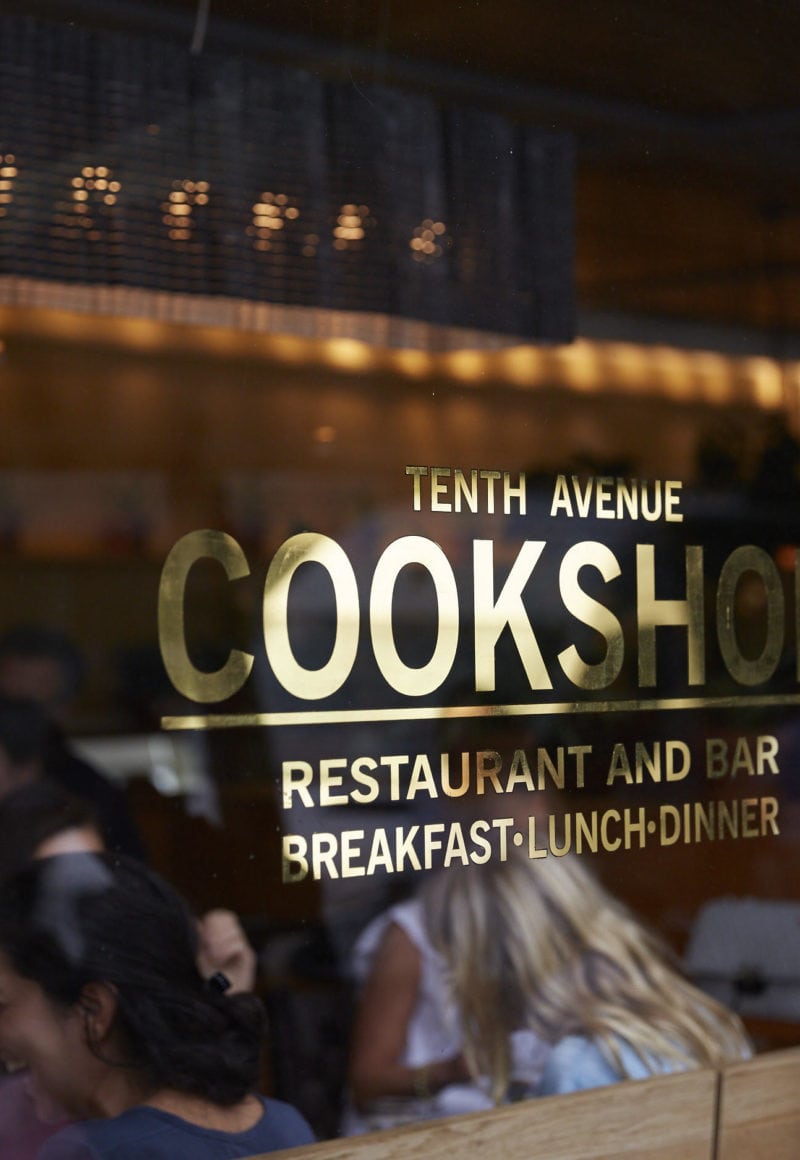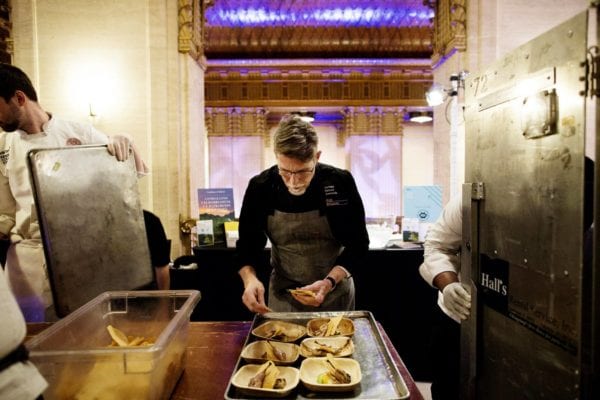Skift Take
Staffing is a hot-button issue for chefs and restaurateurs across the country, with shortages hitting critical mass in larger markets like New York and San Francisco. If it’s not hiring for the core kitchen crew, it’s looking for flexible skilled staff to help fill immediate needs. For help on the fly, chefs like Andrew Corrigan are turning to Pared for help.
— Pared
Andrew Corrigan, director of operations for the Bowery Group in New York City, can’t remember a time when staffing was as challenging as it is today. Most of his time is spent thinking about, searching for, and hiring quality and affordable labor for the kitchens at Cookshop, Vic’s, Rosie’s and Shuka. Noticing a downturn of serious applicants found via job-sourcing boards, social media and websites, he turned to new channels for help.
“It’s everyone’s primary concern in the business,” said Corrigan. “It’s difficult to find good people to work in the positions that we need, which puts pressure on everything in the restaurant, from the chefs to the front of the house. We used to get hundreds of resumes from one job posting, now we sometimes get none. Or we get one person, and that person’s terrible.”
He’s found some of his most qualified cooks listed with Pared, a hospitality staffing company that matches those looking for jobs with those hiring for them. With the click of a button, someone like Corrigan can search for everything from dishwashers to bussers, line cooks and oysters shuckers — all fully vetted, experienced restaurant professionals. It’s become one of his go-to sources for finding quick, part-time or temporary help. “Almost everyone we booked has been fast, reliable. Maybe even overqualified at times,” he added.
Having worked in some of the city’s top kitchens, including Del Posto, Lupa, Tocqueville and Locanda Verde, Corrigan has always used great ingredients, as seasonal as he can get. It’s a hallmark of all of the restaurants he oversees today, especially the always bustling Cookshop in Chelsea, known for serving food that never goes out of style: fresh radishes with butter, chilled yellow tomato soup, sea scallops with vegetable ragout. He needs to make sure his staff can successfully attain that same goal of seasonality, from the supporting roles on up.
“I’m pushing the chefs to rotate menus a lot, to use the markets and produce, but it’s difficult for them because of staffing issues,” Corrigan said. “There isn’t always enough time to plan and teach new, one-off dishes when things are staffed so tight. But when we need to process a lot of produce, we use Pared to bring someone in to help on prep. That way we can use the kind of ingredients we want to.”
While Corrigan found Pared to be a great on-demand tool, he’s also used it to fill longer term temporary roles, like a two-week opening to cover a chef going on paternity leave. He simply selected from a pool of cooks he booked via Pared in the past, and the company opened the job up to them. When there was a match, Corrigan brought him in to work a station.
“When our regular employee returned, there were no hard feelings. We didn’t have to hire extra labor, we didn’t have to let anyone go. It was a tremendous help,” he said.
Out of all the problems restaurateurs are dealing with to stay afloat these days — rental hikes, fickle diners, the constant ebb and flow of trends — staffing is one that can be controlled. Pared’s roster of chefs are professionals often looking for second jobs, extra hours, more flexibility in their schedules, or simply searching for new experiences in different kitchens. Corrigan has found it invaluable at some of the busiest times of year.
“The peak periods for sales can be the worst times for finding employees,” he says. “Pared has been helpful when I need someone to get me through the push.”
This content was created collaboratively between Skift Table and Pared. Pared is currently serving New York and the San Francisco Bay Area.







